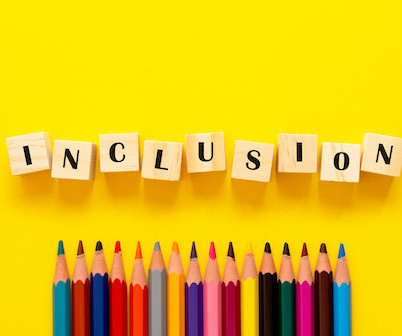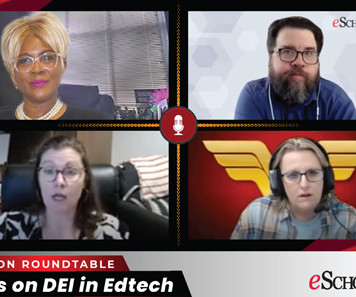3 strategies to support inclusive learning
eSchool News
FEBRUARY 5, 2024
The LRE ensures that students under IDEA are offered equitable access to education alongside their non-disabled peers. This requires some training for educators on how to create more inclusive classrooms. Having regular professional development training helps educators to learn more ways to best serve their students.
























Let's personalize your content